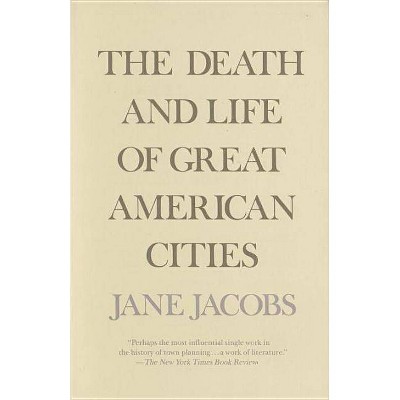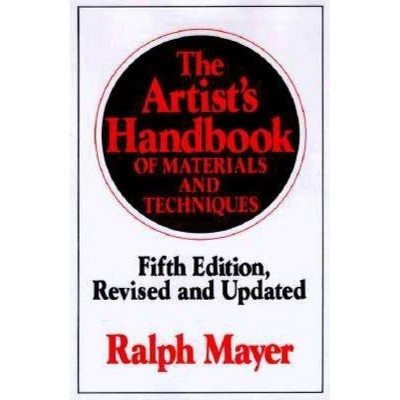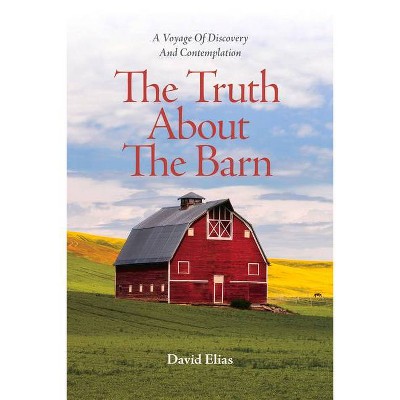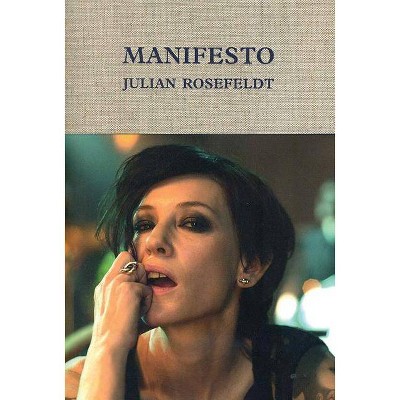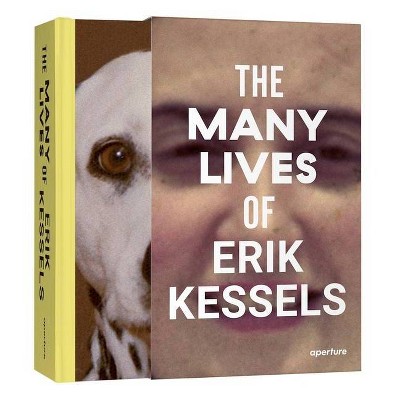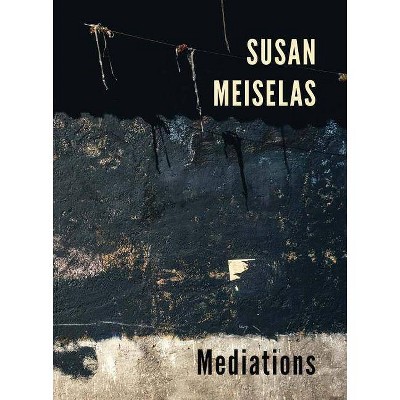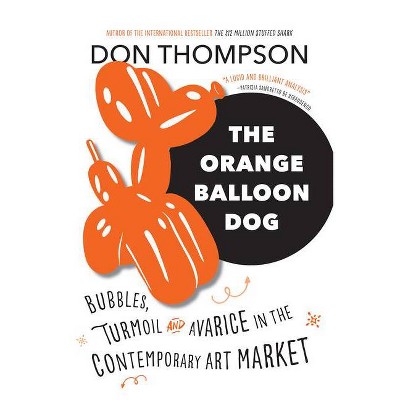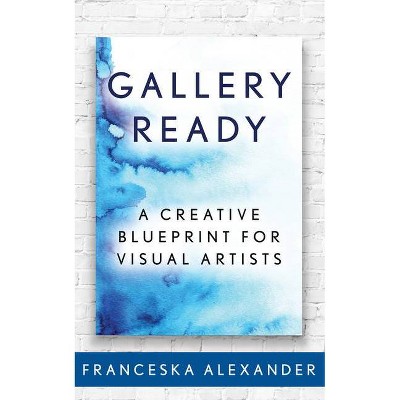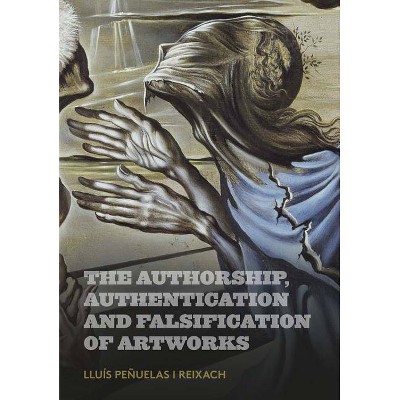Dorothea Lange: Words & Pictures - by Sarah Meister (Hardcover)
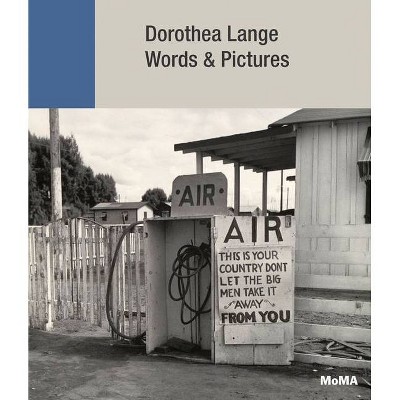
Similar Products
Products of same category from the store
AllProduct info
<p/><br></br><p><b> Book Synopsis </b></p></br></br><p><strong>On the unique synthesis of word and image in Dorothea Lange's boldly political photography, which defined the iconography of WPA and Depression-era America</strong></p><p>Toward the end of her life, Dorothea Lange reflected, "All photographs--not only those that are so-called 'documentary'... can be fortified by words." Though Lange's career is widely heralded, this connection between words and pictures has received scant attention. A committed social observer, Lange paid sharp attention to the human condition, conveying stories of everyday life through her photographs and the voices they drew in. Published in conjunction with the first major MoMA exhibition of Lange's in 50 years, <i>Dorothea Lange: Words & Pictures</i> brings fresh attention to iconic works from the collection together with lesser-known photographs--from early street photography to projects on the criminal justice system. The work's complex relationships to words show Lange's interest in art's power to deliver public awareness and to connect to intimate narratives in the world. <p/>Presenting Lange's work in its diverse contexts--photobooks, Depression-era government reports, newspapers, magazines, poems--along with the voices of contemporary artists, writers and thinkers, the book offers a nuanced understanding of Lange's career, and new means for considering words and pictures today. An introductory essay by curator Sarah Hermanson Meister is followed by sections organized according to "words" from a range of historical contexts: Lange's landmark photobook <i>An American Exodus</i>, <i>Life</i> and <i>Aperture</i> magazines, an illustrated guide to minimize racism in jury trials, and many more. These contexts are punctuated with original contributions from a distinguished group of contemporary writers, artists and critical thinkers, including Julie Ault, Kimberly Juanita Brown, River Encalada Bullock, Sam Contis, Jennifer Greenhill, Lauren Kroiz, Sally Mann, Sandra Phillips, Wendy Red Star, Christina Sharpe, Rebecca Solnit, Robert Slifkin and Tess Taylor. <p/><b>Dorothea Lange</b> (1895-1965) operated a successful San Francisco portrait studio in the 1920s before going on to work with the Resettlement Administration (and later the Farm Security Administration) documenting the hardships of the Great Depression and Dust Bowl migration. During World War II, Lange worked for the US government photographing the Japanese American internment camps, and California's wartime economy. Lange's photographs were published widely during her lifetime. Lange worked closely with curator John Szarkowski on a retrospective that opened posthumously in 1966 at the Museum of Modern Art.</p><p/><br></br><p><b> Review Quotes </b></p></br></br><br>After documenting nearly a half-century of crises and the lives of those most deeply affected by them, Lange understood, possibly too well, the enormous responsibility that comes with telling any story, but especially the story of other people's struggles. Fear is an embodied knowledge, an almost physical intuition of possible outcomes learned through past experience. It can spin into paranoia, paralyze us, shock us into impassivity. But it can also be a powerful drive, as I suppose it was for Lange, who with all her "darkroom terrors" was still able to document what many others had not yet seen or wanted to see.--Valeria Luiselli "New York Review of Books"<br><br>Bad as it is, the world is potentially full of good photographs. Dorthea Lange once said. But to be good the photographs have to be full of the world. Lange's images...invariably were.-- "Elle"<br><br>A complex portrait of American life at its most bleak.--Sara Rosen "Feature Shoot"<br><br>Lange was a poet of the ordinary but imperious human need, under any conditions, for mutual contact.--Peter Schjeldahl "New Yorker"<br><br>Underscores the tremendous power that images sustain over time.--Caroline Goldstein "Artnet"<br><br>Finding Sympathy And Solidarity In Dorothea Lange.--Colin Dwyer "NPR"<br><br>In considering the words that provide the politicized context for Lange's work, Meister focuses primarily on what some have called the "afterlife of photographs"--that is, not the decisive moment of capture, but rather the subsequent uses of images, how they circulate and accrue new meanings, often well beyond the photographer's original intentions.--Brian Wallis "Aperture"<br><br>In Lange's photography, human ingenuity and grace triumph over the unspeakable blows of the Great Depression and other social oppression, even when hope is in short supply.--Ela Bittencourt "Hyperallergic"<br><br>Dorothea Lange's boldly political photography defined the iconography of WPA and Depression-era America.--Charles Caesar "Galerie"<br><br>In this publication, the work of groundbreaking photographer Dorothea Lange work is presented in diverse contexts, ranging from photobooks, Depression-era government reports, newspapers, magazines, and poems, alongside writings by contemporary artists, writers and thinkers.--Eileen Kinsella "Artnet"<br><br>[Dorothea Lange: Words & Pictures] examines the way words -- including Lange's own, which Lange often presented in extended captions, and the words in Lange's photographs -- have guided our understanding of [her] work.--Tyler Green "Modern Art Notes Podcast"<br><br>[Dorothea Lange's] best-known images are of indelible faces in hardscrabble places...--Andrea K Scott "New Yorker"<br><br>[Lange's] legacy combines two fields -- art and journalism -- whose entirely separate constraints and ethics can still, at their best, change the world.--Alice Gregory "New York Times"<br><br>[Lang] saw clearly and concisely, without sentiment or polemics, but her pictures never feel detached or merely repertorial.--Vince Aletti "Photograph"<br><br>A bracing tribute to an astonishing artist, a woman who survived childhood polio (though not unscathed) and hauled herself and her camera across the US in its most crushing years. [...] She understood how to tune her vision to human beauty.--Ariella Budick "Financial Times"<br><br>A profoundly sensitive portrait photographer and one of the most influential documentarians of the early and mid-20th century.--Alexxa Gotthardt "Artsy"<br><br>One happy consequence of our dismal political moment is a rediscovery of Lange.--Arthur Lubow "New York Times"<br><br>While Lange's images have always spoken to us, her subjects weren't always able to speak for themselves. Words were perhaps important to Lange because they weren't always implicit; rather, they were hard-earned.--Jadie Stillwell "Interview"<br><br>With or without the support of words, Dorothea Lange (1895-1965), created some of the greatest images of the unsung struggles and overlooked realities of American life.--Arthur Lubow "New York Times"<br>
Price History
Price Archive shows prices from various stores, lets you see history and find the cheapest. There is no actual sale on the website. For all support, inquiry and suggestion messages communication@pricearchive.us
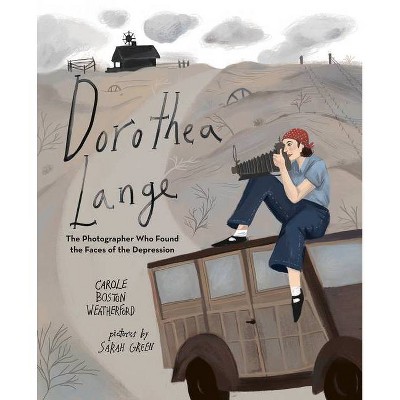
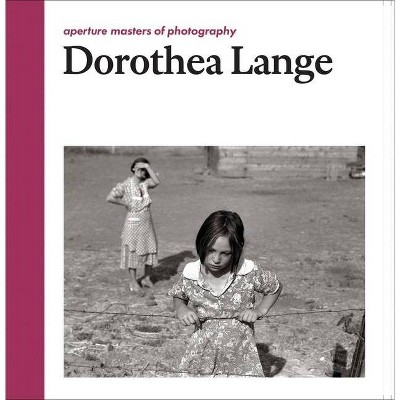
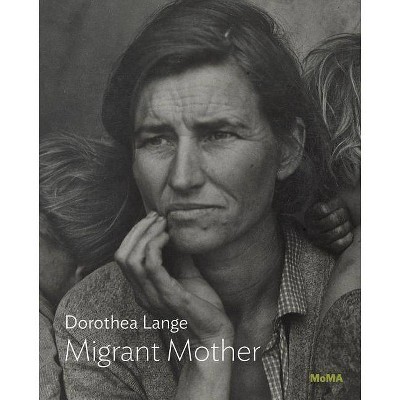
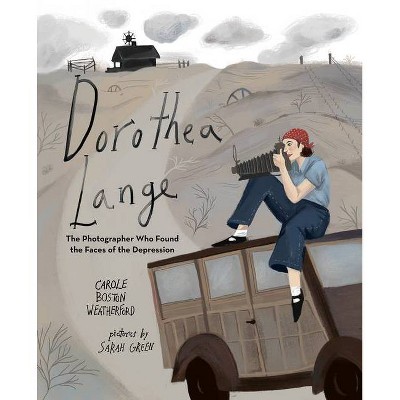
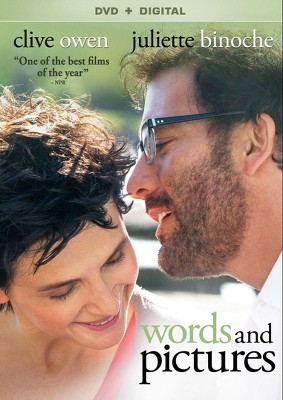
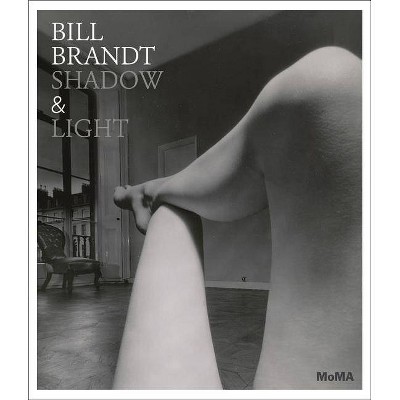
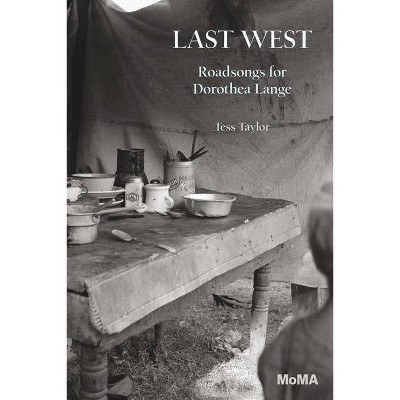
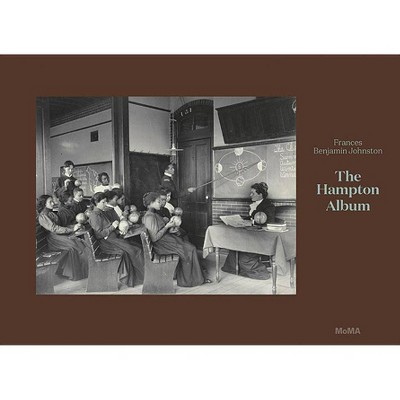
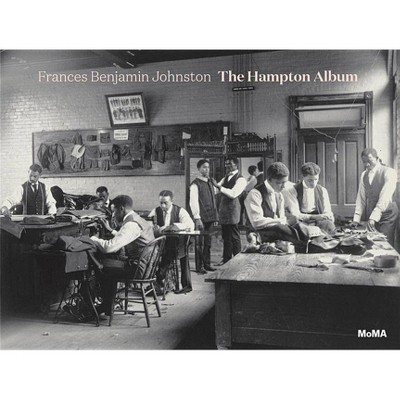
![American Masters: Dorothea Lange - Grab a Hunk of Lightning [DVD] [2014]](https://pisces.bbystatic.com/image2/BestBuy_US/images/products/2536/25363164_so.jpg)
